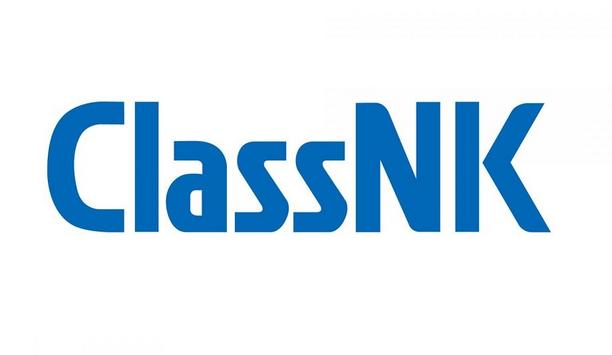Class NK News
ClassNK has established its "Rules for the Survey and Construction of Governmental and Naval Ships", technical rules that are applied to governmental ships and their onboard equipment. Overseas transfer of defense equipment ClassNK has established standards for conducting third-party certification of governmental and naval ships During the overseas transfer of defense equipment including governmental ships and their onboard machinery, the equipment may be subject to third-party quality in...
Classification Society ClassNK, Japan Marine United (JMU), and NAPA have completed a joint feasibility study on 3D model-based plan approval using 3D CAD models as part of their technical investigation project. Shipbuilding designs are gradually transitioning from 2D drawings to those designed with 3D CAD software. Classification societies, whose plan approvals are currently based mostly on 2D drawings, are also required to develop a scheme for 3D CAD models from their submission to their exami...
Classification Society ClassNK granted an Approval in Principle (AiP) based on its Rule Part N which adopts IGC Code and its Guidelines for Ships Using Low-Flashpoint Fuels to Daihatsu Diesel for their concept design of an LPG reformed gas-fuelled coastal LPG carrier developed in cooperation with Iino Gas Transport, Osaka Gas, Izumi Steel Works, and Miura Shipbuilding in terms of safety assessments. The Vessel is designed to be equipped with an LPG reformer developed jointly by Daihatsu Diesel...
Classification Society ClassNK released its CBM Guidelines that explain the revised rules for using Condition Based Maintenance (CBM) in-class surveys to promote the use of CBM technology. Condition-based maintenance Condition-based maintenance, a method for monitoring the operating state of equipment, diagnosing the state of said equipment based upon the information obtained from such monitoring, and then performing necessary maintenance and inspections, has been attracting attention in recen...
Classification society ClassNK has issued a Statement of Compliance (SoC) to “PHP Ship Breaking and Recycling Industries Limited (PHP)”, a ship recycling facility in Chattogram (Chittagong), Bangladesh, verifying that the facility is in line with the Hong Kong International Convention for the Safe and Environmentally Sound Recycling of Ships, 2009 (HKC).While ClassNK has so far issued 34 Statements of Compliance to ship recycling facilities around the globe, this is the first one...
Classification Society ClassNK has released its “Guidelines for Automated/Autonomous Operation of ships ~Design development, Installation and Operation of Automated Operation Systems/Remote Operation Systems~”. In the field of ships, research and development of technology related to maritime autonomous surface ships (MASS) have been actively carried out to improve safety by preventing human error and improving working conditions by reducing the workload on crew members, and demo...


